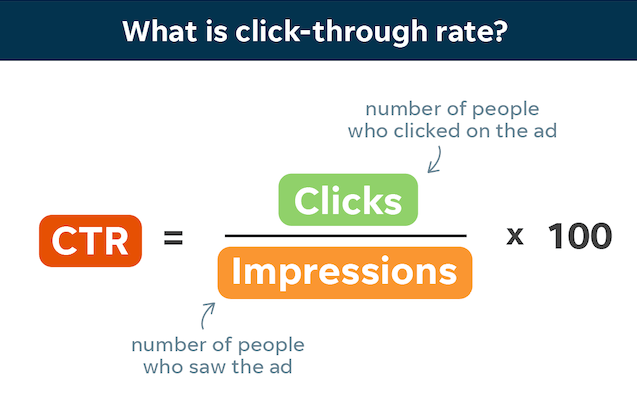In the world of digital marketing, Search Engine Optimization (SEO) plays a vital role in driving traffic, building brand visibility, and generating business growth. But here’s the catch—many SEO agencies often chase vanity metrics like keyword rankings, impressions, and clicks, while overlooking what truly matters: sales, leads, and revenue.
At first glance, ranking on the first page of Google or gaining thousands of impressions may seem impressive. But if these numbers don’t translate into qualified leads or paying customers, they add little real value to your business. Let’s break down why vanity metrics can mislead you and why a focus on actual business goals is the smarter approach.
What Are Vanity Metrics in SEO?
Vanity metrics are performance indicators that may look good on reports but don’t necessarily contribute to business success. Examples include:
- Keyword Rankings – Being number one for a broad keyword may bring in traffic, but if that traffic isn’t targeted, it won’t convert.
- Impressions – Your content appearing in search results doesn’t guarantee users will click or take action.
- Traffic Volume – A spike in visits doesn’t always mean more sales or leads. Sometimes, it’s just irrelevant traffic.
These numbers are often highlighted in SEO reports to impress clients, but they can mask the bigger issue—lack of ROI.
Why Chasing Rankings and Impressions Isn’t Enough
- Rankings Don’t Always Equal Revenue
You could rank #1 for a keyword like “free tools for marketing,” but if your business sells premium services, those visitors may never convert into paying clients. - Traffic Without Conversions Is Useless
A blog generating 10,000 visitors a month means little if none of them fill out a contact form, sign up for a trial, or make a purchase. - Impressions Can Be Misleading
A high impression count may indicate visibility, but if users aren’t engaging with your content, it suggests a mismatch between your message and audience needs.
The Right Focus: Business-Centric SEO
A smart SEO strategy goes beyond vanity metrics and aligns directly with business goals. Instead of just asking “How do we rank?” you should be asking:
- Are we getting more qualified leads?
- Is SEO contributing to revenue growth?
- Are visitors taking meaningful actions on the website?
Here’s how you can shift your focus to results that actually matter:
1. Target the Right Keywords
Instead of only chasing high-volume keywords, focus on long-tail, intent-driven keywords that align with your products or services. For example, “best CRM software for small businesses” is more likely to convert than just “CRM software.”
2. Optimize for Conversions
SEO isn’t only about driving traffic; it’s about guiding visitors to take the next step. Strong calls-to-action, optimized landing pages, and easy navigation can increase conversion rates significantly.
3. Track Real Business Metrics
Measure KPIs that matter to your bottom line:
- Leads generated through organic traffic
- Cost per acquisition (CPA)
- Revenue attributed to SEO campaigns
- Customer lifetime value (CLV)
4. Align SEO with Sales & Marketing
Your SEO agency should collaborate closely with your sales and marketing teams to ensure the content and strategy attract the right audience and drive measurable results.
How to Choose the Right SEO Agency
When hiring an SEO agency, don’t just be impressed by ranking reports or traffic numbers. Instead, ask:
- How will you help us generate more qualified leads?
- How do you measure ROI from SEO campaigns?
- What strategies do you use to turn traffic into revenue?
A results-driven agency won’t just show you graphs of impressions and rankings—they’ll tie every effort back to your business growth.
Final Thoughts
SEO is powerful, but only when done with the right focus. Chasing vanity metrics like rankings and impressions may look good on paper, but they don’t keep the lights on. Your true measure of SEO success should be how it contributes to sales, leads, and revenue.
So, the next time an agency presents you with fancy charts, ask yourself—does this really grow my business, or is it just another vanity metric? The answer could determine whether your SEO investment is a cost or a growth engine.

